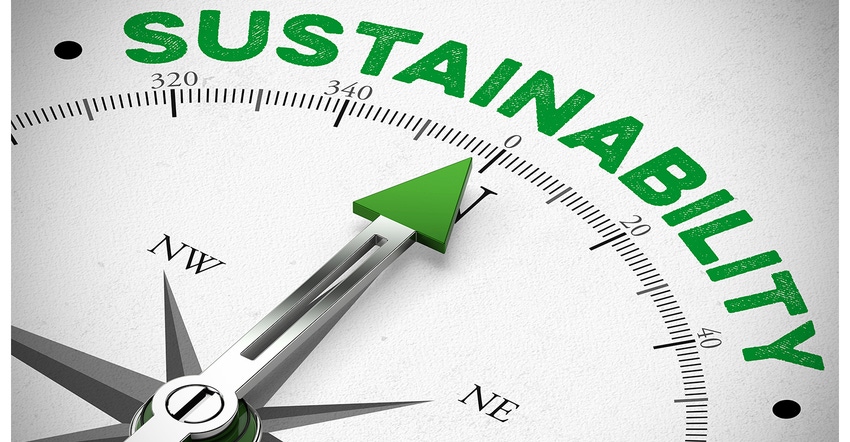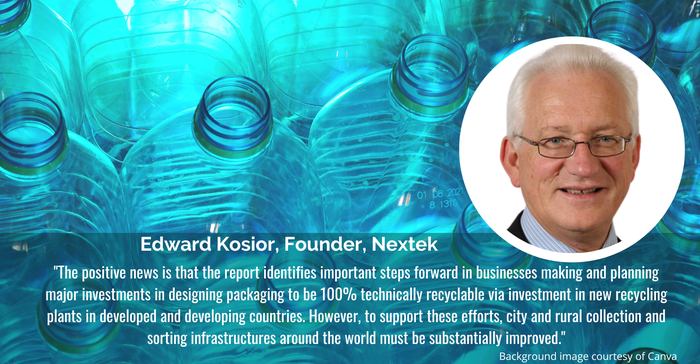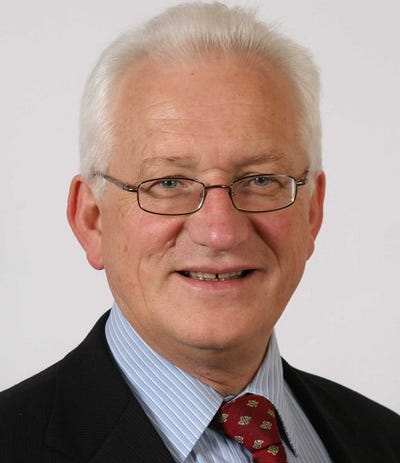The Ellen MacArthur Foundations’ late November 2022 report is a wake-up call for all organizations involved in the packaging supply chain around the world.
January 9, 2023

Released in on November 30 2022, The Ellen MacArthur Foundations’ Global Commitment 2022 report paints a stark picture for a lack of cohesive progress as risks destabilizing the EMF’s promising and dynamic venture. That’s apart from the fact it shakes the public’s confidence in companies’ recycling efforts and undermines the drive to boost recycling to higher and more significant levels.
In short, it’s a wake-up call for every organization involved in the packaging supply chain around the world.
What the report clearly illustrates is that without every sector across the entire supply chain focusing on making transformational changes within their given area, very little sustainable progress will be achieved. The recent upheaval with Australian soft plastic collection program, REDcycle, is a prime example of this.
We need to reshape the entire system to ensure recycled content is more readily available and that brands through to retailers have as much potential and responsibility as those in the recycling sector to make this happen.
Yet the Global Commitment report shows a significant increase in total plastic packaging use by some brands from 2020 to 2021 (+4.3%) that led to a 2.5% increase in the use of virgin plastic. That figure outpaced any to-date progress made on recycled content.
Brands bring mixed news.
If we look more closely at the figures, we can see that some brands, such as Unilever, decreased their use of virgin plastic by 16% from 2018 to 2021, increased the use of post-consumer recycled (PCR) content by 17%. However, others such as Mars increased their use of virgin plastic by 11% in the same period and has not moved the needle on their PCR content, which reportedly remains at a discouraging 0%.
However, Unilever is not alone: L’Oreal showed a 16.3% increase in PCR while decreasing their virgin plastic use by 5%. Also, Henkel reduced virgin plastic use by 13% by upping their PCR use by 7.3%.
This fundamentally shows that reducing reliance on virgin plastic and increasing recycled content is achievable. However, the fact is that our window for future transformation risks closing as the initiative does not appear to motivate everyone in the same way.

The positive news is that the report identifies important steps forward in businesses making and planning major investments in designing packaging to be 100% technically recyclable via investment in new recycling plants in developed and developing countries. To support these efforts, however, city and rural collection and sorting infrastructures around the world must be substantially improved.
Ultimately to create circularity we need a concerted and coherent effort where every sector in the supply chain shoulders their responsibility including resin creation, packaging design, post-consumer collection, recycling into new resins, and most importantly, using remade resins into new consumer products.
From the brands’ perspective there is still so much that can be done to redesign packaging with totally embedded recyclability. This means an entire lifecycle established prior to packaging production.
Hopefully the European Commissions’ proposed revision of the EU legislation on Packaging and Packaging Waste will be the impetus the industry needs as Brussels plans to boost the demand for recycled plastic by broadening recycled content targets from plastic bottles to all plastic packaging.
It has global implications.
Normalizing sustainability with new targets.
The new regulation put forward on November 30 established key building blocks from the European Green Deal's Circular Economy Action Plan to make sustainable products the norm. This proposal on packaging and packaging waste will now be considered by the European Parliament and the Council, in the ordinary legislative procedure.
For plastics the 2030 targets could be 10% for contact-sensitive (i.e., food-grade) plastic packaging such as food wraps with those figures jumping to 50% by 2040. Single-use plastic beverage bottles targets for 2030 could be 30% growing to 65% by 2040 and 35% for other plastic packaging set to reach to 65% by 2040.
Regardless of the exact targets that are ultimately adopted, the intention is clear: Brussels is determined to boost the market for recycled plastics by mandating a minimum amount of recycled material in new packaging. This target puts great pressure on ensuring that recycled plastics can be safely used in the major food contact applications as a replacement for virgin resin. It is timely to revise European Food Safety Authority (EFSA) regulations and methodologies to ensure they take into account advances in science and technologies available to EU state members. That’s how they can both boost recycled content and reduce the footprint using the carbon dioxide equivalent (CO2) standard.
There will be upheavals — these are an inevitable part of evolving from our current culture that is pushing us towards climate collapse — but no one can afford to take a watch and wait approach. We need ambition and vision to reach targets that will truly tip the environmental scales in the right direction. For this to happen, every participant in the chain must go beyond their sustainability commitments and help the ecosystem do the same.
For more on The Ellen MacArthur Foundation and brands' packaging goals, also see this Packaging Digest podcast: Are Brands on Target to Meet Their 2025 Packaging Sustainability Goals?
Edward Kosior, PhD., has more than 45 years’ plastics recycling expertise, split between 23 years as an academic and 23 years working in the industry. Kosior has been instrumental in designing numerous modern recycling plants and patented recycling breakthroughs. He founded Nextek in 2004 to provide consultancy services to assist in the strategic approaches to sustainable packaging.
About the Author(s)
You May Also Like




